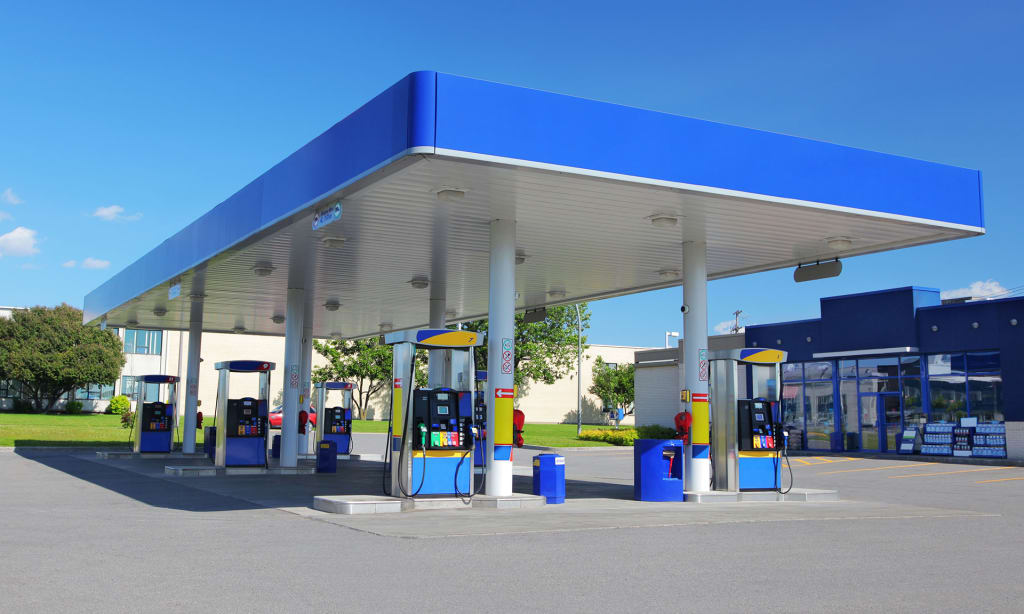
Motorists across the UK have been frantically searching for anywhere where they may be able to fill up their cars with petrol or diesel. This comes after it was announced that many fueling stations had run dry due to people panic buying and filling up when they didn’t need to, but what is causing people to behave in this way and selfishly fill up their tanks when they don’t need to?
There is a shortage of tanker drivers across Europe meaning that goods such as petrol, diesel and other commodities are running extremely low. This has caused people to begin panic buying as no one knows when or where they will be able to fill up again. This has caused absolute chaos on the street with many drivers including key workers and members of the National Health Service running out of fuel. This has meant they have not been able to travel in to work when their services are extremely needed.
This is a similar situation to what happened earlier on during the Covid 19 pandemic when the majority of people were requested to stay in their homes unless extremely necessary. This lead to them panic buying different items of food as people were requested to only buy what they essentially needed for their every day lives. This lead to many shops having bare shelves and many people having to go with out many items that they needed such as milk, bread etc.
Now that people have begun to panic buy fuel, it means that the pumps at many fuelling stations have run dry with no idea of when they will be topped up again due to a shortage of drivers. Some members of the public may volunteer themselves to try and help transport the fuel but it’s not as simple as that. The drivers have to go through specialised training to ensure that they are all qualified and experienced enough to make particular deliveries.
There is “no shortage of fuel” and people should be “sensible” and fill up only when they need to, Transport Secretary Grant Shapps has said.
It comes as there are long queues and closed pumps at some filling stations.
Mr Shapps blamed the Road Haulage Association for triggering a “rush on petrol stations”.
He said he was introducing a “big package” of measures, including temporary visas for lorry drivers, to help the situation.
The transport secretary said there was “plenty of fuel” and that he had checked with the six refineries and 47 storage centres in the country.
This news was roundly rebuffed from drivers on the continent who said they would refuse to help the United Kingdom with it’s fuel issues as it was a problem of it’s own making. Since the country voted to leave the European Union many European workers have had to leave the country to go back to their home countries. This has meant there has been a shortage of employees and a reduction in the work force in many different sectors.
There have been many different businesses and companies who have been struggling to survive and adapt to life with a much smaller work force and increased pressure on those employees who are left to carry out many more tasks. The army has now been put on stand by to help with deliveries of fuel and other items to keep society running smoothly and ensure everything doesn’t grind to a sudden halt. Local economies are still struggling to recover from the pandemic where companies were unable to operate and the delivery of many different goods and services couldn’t continue.
Many different member of the public have chosen to move out of their homes and in to hotels which may be closer to their work place so that they can try and avoid the fuel protests. At least that way they can ensure that they cam continue to work and earn so that their family can be provided for in these difficult times.
The main advice to everyone is that there is no need to panic buy and there is enough fuel and other items for everyone.